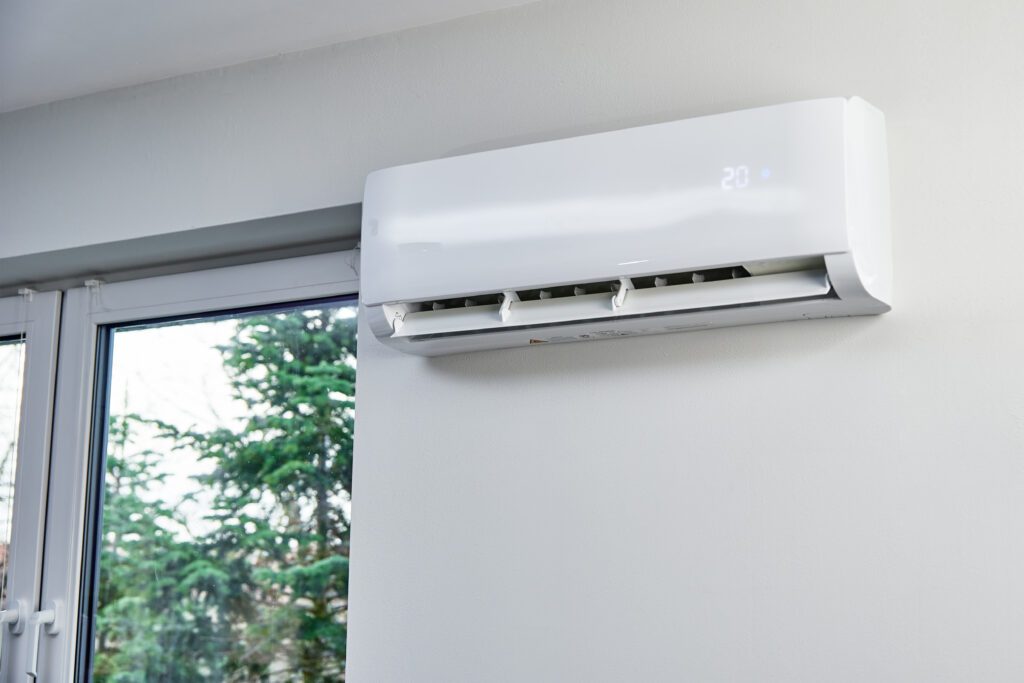If your air conditioning system is showing signs of wear and tear or decreased efficiency, it may be time to consider AC replacement. However, before you embark on this major home improvement project, it is important to understand the basics of AC replacement, evaluate your current system, choose the right AC system for your home, weigh the costs involved, and prepare for the replacement process. In this article, we will guide you through each step, providing essential information to help you make informed decisions.
Understanding the Basics of AC Replacement
When it comes to AC replacement, it is crucial to grasp the importance of this home improvement task and understand the process involved. Investing in a new air conditioning system is not just about upgrading your home; it’s about improving your quality of life. Let’s delve deeper into the world of AC replacement to uncover the benefits and intricacies of this essential upgrade.
One of the key benefits of AC replacement is the significant impact it can have on your indoor air quality. As air conditioning units age, they can accumulate dust, mold, and other allergens, which are then circulated throughout your home. By installing a new AC system, you can breathe easier knowing that you are providing your family with cleaner, healthier air.
The Importance of AC Replacement
Your air conditioning system plays a significant role in maintaining a comfortable living environment. Over time, AC units experience wear and tear, leading to decreased efficiency and increased energy consumption. By replacing your AC unit, you can enjoy improved indoor air quality, energy savings, and enhanced comfort for years to come.
Moreover, upgrading to a new AC system can lead to substantial energy savings in the long run. Newer models are designed to be more energy-efficient, meaning they require less electricity to operate. By reducing your energy consumption, you not only lower your utility bills but also lessen your environmental impact, making your home more eco-friendly.
The Process of AC Replacement
The process of AC replacement typically involves several steps. First, an HVAC professional will assess your current system to determine if replacement is necessary. Then, they will help you choose the right AC system for your home, considering factors such as size, efficiency, and budget. Finally, the old unit will be removed, and the new system will be installed, ensuring proper functionality and optimal performance.
During the installation process, the HVAC technician will carefully inspect your ductwork to identify any leaks or blockages that could affect the performance of your new AC system. They will also calibrate the new unit to ensure it is operating at peak efficiency, maximizing its lifespan and performance. By following these meticulous steps, you can rest assured that your AC replacement is done with precision and care, setting you up for years of cool, comfortable indoor living.
Evaluating Your Current AC System
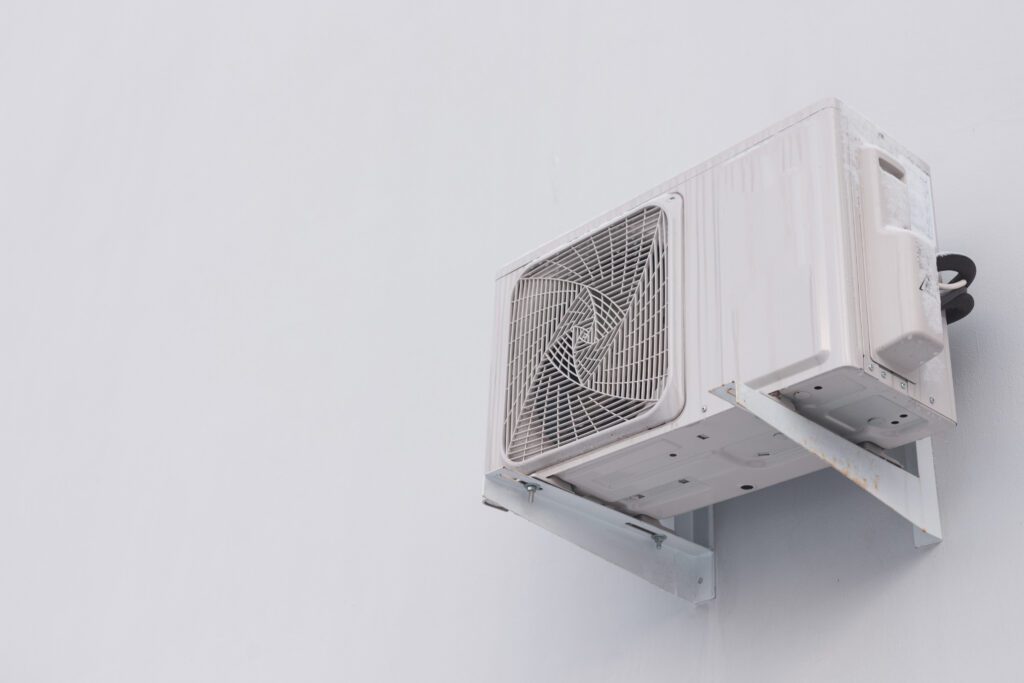
Before proceeding with AC replacement, it is essential to evaluate your current system to determine its condition and efficiency. This evaluation involves a comprehensive assessment of various components of your AC system to ensure that you make an informed decision regarding repair or replacement.
One aspect to consider during the evaluation is the age of your AC unit. Typically, air conditioning systems have a lifespan of around 10-15 years. If your system is approaching or has exceeded this timeframe, it may be more cost-effective to replace it rather than invest in frequent repairs.
Signs Your AC Needs Replacement
Several signs indicate that your AC system may need replacement. These include frequent breakdowns, increasing energy bills, uneven cooling throughout your home, and excessive noise or vibrations. If you notice any of these warning signs, it is best to consult with an HVAC professional to assess the situation. Additionally, consider the refrigerant used in your system, as older units may rely on R-22, which is being phased out due to its harmful environmental impact.
Assessing the Efficiency of Your Current System
Another crucial factor to consider is the efficiency of your current AC system. Older units tend to have lower SEER ratings, which means they consume more energy to cool your home. By replacing your outdated system with a higher-efficiency model, you can reduce energy consumption, lower utility bills, and contribute to a greener environment. Furthermore, advancements in technology have led to the development of smart thermostats and zoning systems, which can enhance the overall efficiency and comfort levels of your home.
Choosing the Right AC System for Your Home
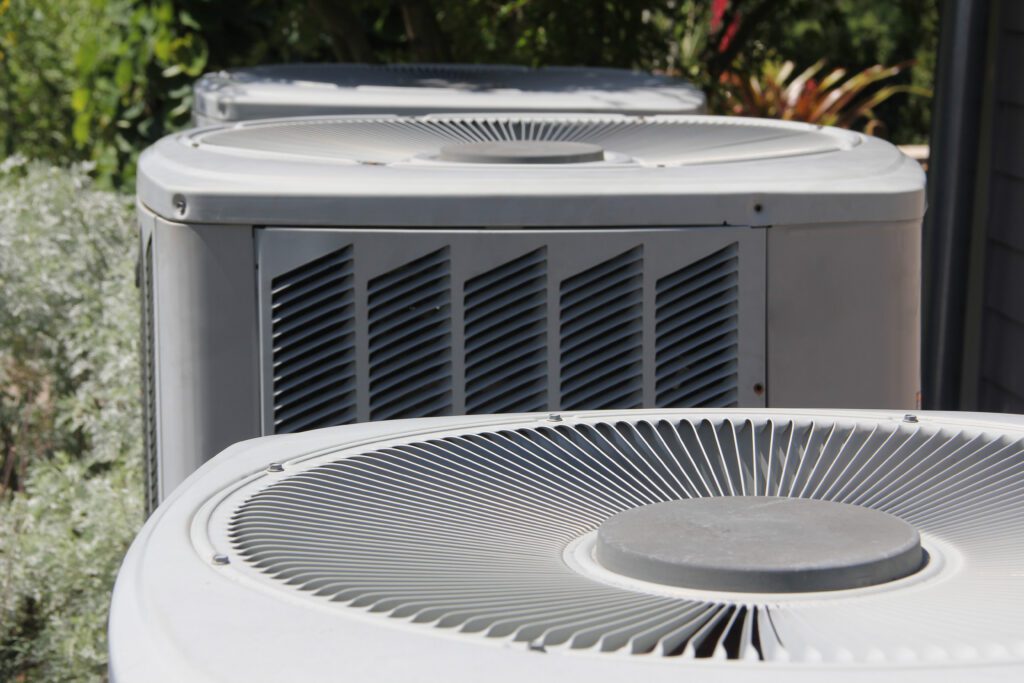
When it comes to choosing the right AC system for your home, several factors should be taken into consideration.
Installing an air conditioning system is a significant investment for any homeowner, so it’s essential to make an informed decision based on your specific needs and preferences. Beyond just cooling your home, modern AC systems come with a range of features such as programmable thermostats, humidity control, and air purification, enhancing your indoor comfort and air quality.
Factors to Consider When Choosing an AC System
Size, energy efficiency, and budget are among the key factors to consider when selecting an AC system. Proper sizing is crucial to ensure optimal performance, while energy efficiency helps you save on long-term operating costs. Additionally, you should consider your budget and choose a system that offers the best value for your investment.
Another important factor to keep in mind is the maintenance requirements of the AC system you choose. Regular maintenance is essential to keep your system running efficiently and prolong its lifespan. Some systems may require more frequent maintenance than others, so factor in ongoing maintenance costs when making your decision.
Types of AC Systems Available
There are various types of AC systems available, including central air conditioners, ductless mini-split systems, and heat pumps. Each type has its own advantages and limitations, so it’s important to understand their differences before making a decision. Consulting with an HVAC professional can help you determine which system best suits your home’s requirements.
Central air conditioners are a popular choice for larger homes as they provide consistent cooling throughout the entire house. Ductless mini-split systems are ideal for smaller spaces or homes without ductwork, offering flexibility in zoning and installation. Heat pumps are another energy-efficient option that can both cool and heat your home, providing year-round comfort. Consider your home’s layout, insulation, and climate when choosing the most suitable AC system for your needs.
The Cost of AC Replacement
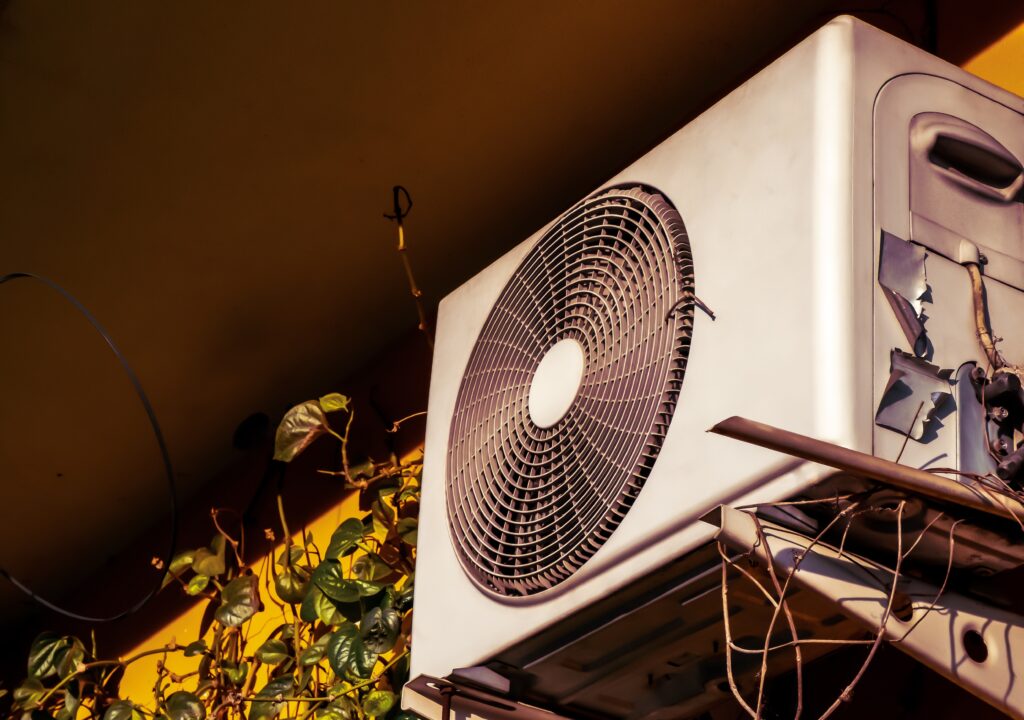
The cost of AC replacement can vary depending on several factors, including the size of your home, the type of AC system you choose, and any additional features or upgrades you opt for.
When considering the cost of AC replacement, it’s essential to factor in the long-term savings that come with installing a more energy-efficient unit. While the initial investment may seem high, energy-efficient models can significantly reduce your monthly utility bills, ultimately saving you money in the long run. Additionally, some energy-efficient AC systems may qualify for rebates or incentives from utility companies, further offsetting the upfront costs.
Breakdown of AC Replacement Costs
The cost of AC replacement typically includes the price of the new unit, installation fees, and any necessary modifications or upgrades to your home’s electrical system or ductwork. Additionally, you may need to budget for routine maintenance and potential future repairs. It is advisable to obtain quotes from multiple HVAC contractors to ensure you are getting a fair and competitive price.
Another cost to consider when replacing your AC system is the disposal of your old unit. Proper disposal is crucial for environmental reasons, and some HVAC companies may charge a fee for this service. However, many companies offer recycling programs for old units, ensuring that they are disposed of in an eco-friendly manner.
Ways to Save on AC Replacement
Although AC replacement involves a significant investment, there are several ways to save money. Take advantage of manufacturer rebates or incentives, explore financing options, and consider energy-efficient models that may qualify for government tax credits. Additionally, investing in regular maintenance and properly insulating your home can increase energy efficiency, reducing long-term operating costs.
When selecting a new AC system, it’s essential to consider not only the upfront costs but also the potential savings and benefits it can provide over its lifespan. By weighing these factors and exploring cost-saving options, you can make a well-informed decision that aligns with your budget and long-term goals.
Preparing for the AC Replacement Process
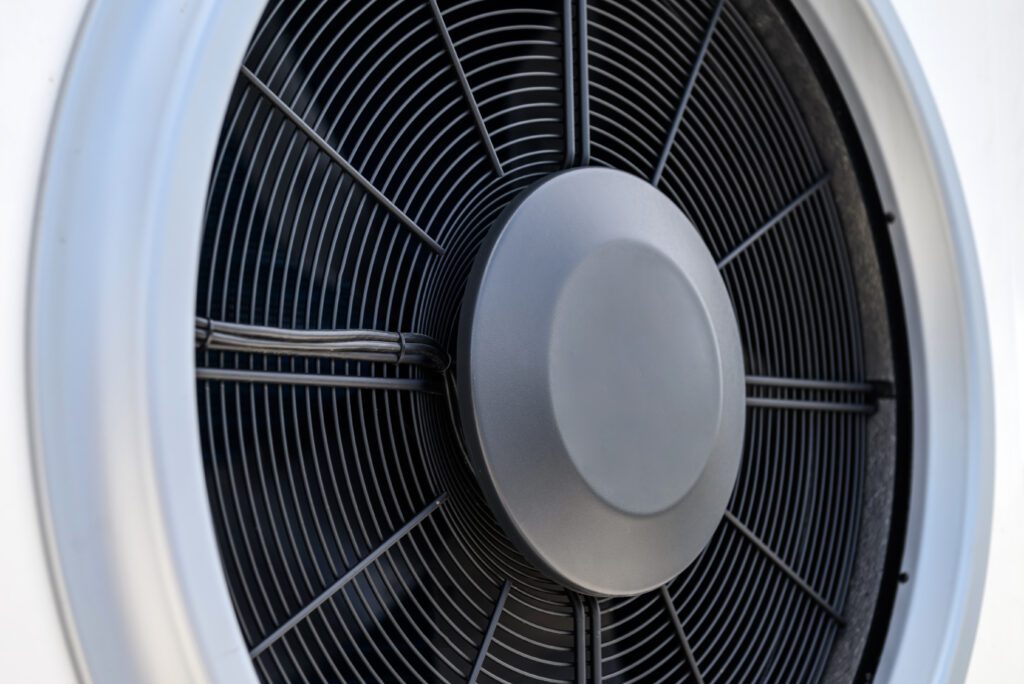
Before the AC replacement process begins, there are a few steps you can take to ensure a smooth and hassle-free experience. Let’s dive into some additional details to help you better understand what to expect and how to prepare for this important home improvement project.
What to Expect During AC Replacement
During the AC replacement process, HVAC professionals will need access to your home, including the indoor and outdoor units. They will carefully disconnect and remove the old system, making sure to handle all components with utmost care. Once the old unit is out, the installation of the new unit begins.
Installing the new AC unit involves connecting it to your electrical system and ductwork. This step requires precision and expertise to ensure proper functionality and efficiency. The HVAC professionals will meticulously check all connections and make any necessary adjustments to guarantee optimal performance.
After the installation is complete, the technicians will conduct thorough tests to ensure that the new AC system is functioning as intended. They will check for any leaks, calibrate the thermostat, and verify that all controls are working properly. This comprehensive testing process ensures that your new AC unit is ready to keep you cool and comfortable.
How to Prepare Your Home for AC Replacement
Prior to AC replacement, it is essential to clear the area around your indoor and outdoor units to allow easy access for the contractors. Remove any furniture, decorations, or obstacles that may hinder their work. By providing a clean and unobstructed workspace, you enable the technicians to work efficiently and minimize the risk of accidental damage.
Additionally, ensure that any pets or children are kept away from the work area for their safety. The installation process involves the use of tools and equipment that may pose potential hazards. Keeping your loved ones at a safe distance will give you peace of mind and allow the technicians to focus on the task at hand.
Lastly, communication is key. Take the time to discuss any specific concerns or preferences you may have with the HVAC professionals. Whether it’s regarding the placement of the new unit or any particular requirements you may have, open dialogue ensures that your expectations are met and that the installation process aligns with your needs.
By understanding the basics of AC replacement, evaluating your current system, choosing the right AC system for your home, considering the costs involved, and preparing for the replacement process, you can ensure a successful and efficient transition to a new and improved air conditioning system. Consult with HVAC professionals to get personalized advice and recommendations tailored to your specific needs. A comfortable and energy-efficient home awaits!
Remember, investing in a new AC unit is not just about staying cool during the summer months. It’s also an opportunity to enhance your indoor air quality, reduce energy consumption, and improve overall comfort. So, take the necessary steps to prepare for the AC replacement process, and soon you’ll be enjoying the benefits of a reliable and efficient cooling system.

